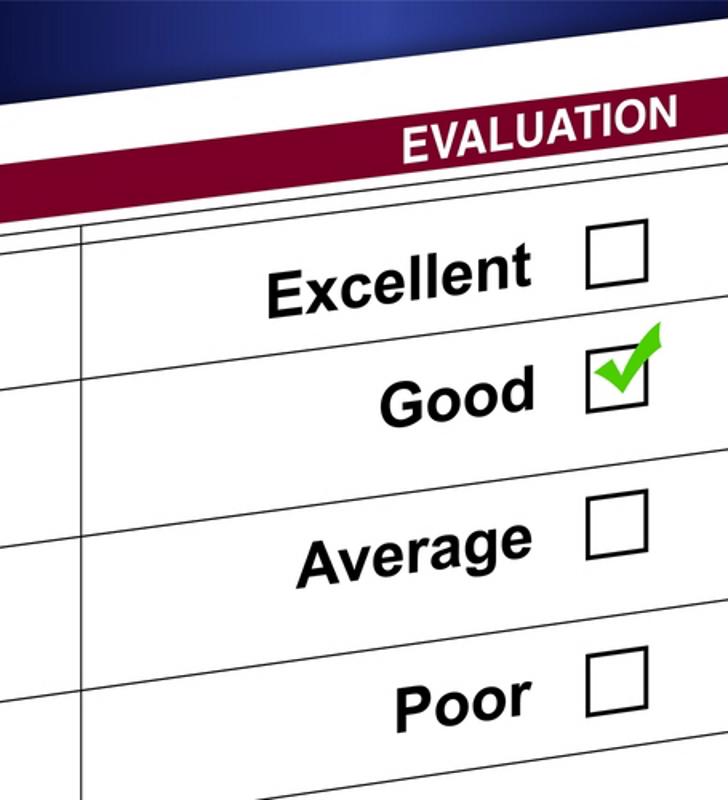By using the proper procedures and tools, a security dealer can handle complaints in a way that is effective and could prove advantageous to future business.
Fielding complaints is a necessary part of running a small business.
As a small business, you will receive complaints from your customers about your services. It’s an unfortunate part of any professional service. By using the proper procedures and tools, a security dealer can handle complaints in a way that is effective and could prove advantageous to future business.
Accept the complaint
“The customer is always right” is an axiom with some mileage. It’s not always true, but it is a good assumption to start with.
When a customer contacts your company with a complaint, there is an instinct to go on the defensive. It’s no fun being yelled at or criticized, but in order to learn from the client’s issues and treat them with respect, you have to assume there is a good reason for concern. Inc. suggested small-business owners should put themselves in the customer’s shoes. Look at the issue from their point of view to see why it is so troubling.
No matter what the complaint might be, it is good to apologize for the aggravation it has caused the customer. If the concern was caused by miscommunication or some other issue on your end, you need to take responsibility and look for immediate solutions.
Personalized solutions
Staff with the proper information on hand will make complaint resolution easier. The employee dealing with the complaint should provide data visibility for the client on the product or service causing the problem.
“Communication will help you retain customer loyalty.”
Dealing with angry customers can be emotional, so you want your employees working with facts, not opinions. Technology tools, like security dealer software, create a complete record of a customer’s history with your company. It allows employees to track processes to determine where the issue occurred and what the best plan for resolution would be, whether it’s quickly issuing a service credit or reworking a payment plan.
The Thriving Small Business stated you want to give your customer options for what to do not next. The person taking the call must know what resolutions are actually possible and how they will go about being performed. Once the customer chooses a plan of action, the choice is logged into the company software to make the appropriate parties aware of what needs to be done.
Follow up
A single issue shouldn’t cost you a good customer. Communication will help you retain customer loyalty.
Make sure the resolution is performed quickly and to the customer’s satisfaction. After the issue has been addressed, the client needs to be contacted to determine if he or she was happy with the way it was dealt with.
The customer should be thanked for bringing the complaint to your attention. Forbes magazine recommended thanking a customer any time they reach out to your business, because you want to encourage communication. It is much better for a client to speak his or her mind than to silently become dissatisfied with your services.
Record the data
A customer complaint can become an asset to your company when it provides insight. Your services and products are designed to meet client needs; customer feedback provides you with data to improve those designs.
 Track the success of complaint resolution.
Track the success of complaint resolution.The initial complaint, resolution strategy and customer follow up must be logged into your software system. By tracking your company’s history with customer issues, you can see which problems were outliers and which ones appear to be re-occurring. A complaint that is consistently repeated should lead to a change in company processes or policy.
Tracking a client’s personal experiences with your company will prepare any employee who communicates with that particular customer. It will give staff advanced warning on what issues the client may have particular difficulties with or which solutions leads to greatest satisfaction.
Anticipate problems before they happen
You want to stay ahead of complaints. Bloomberg Business advised small businesses to reach out to the rest of their clients when a concern arises to see if they have had a similar issue.
When you change processes to accommodate customer complaints, use tools to make sure the change sticks. See if you can automate some of your tasks to create consistent quality. By automating services, like billing, you will create a uniform process that won’t fall victim to human error. Take every step you can to turn a negative experience into a positive gain for your business.
